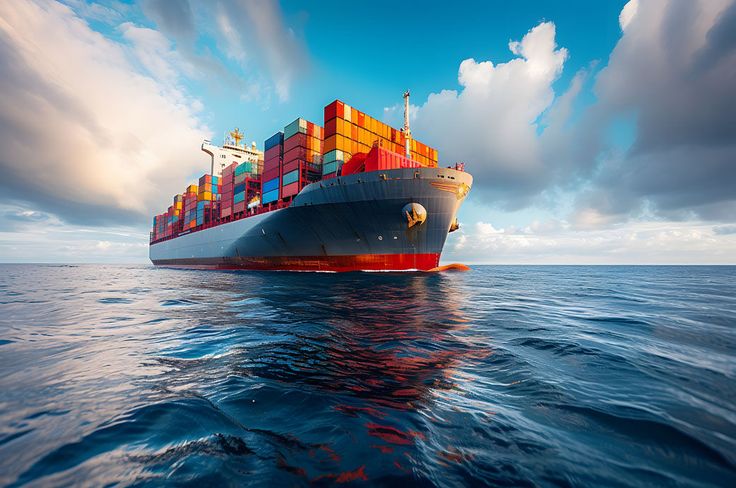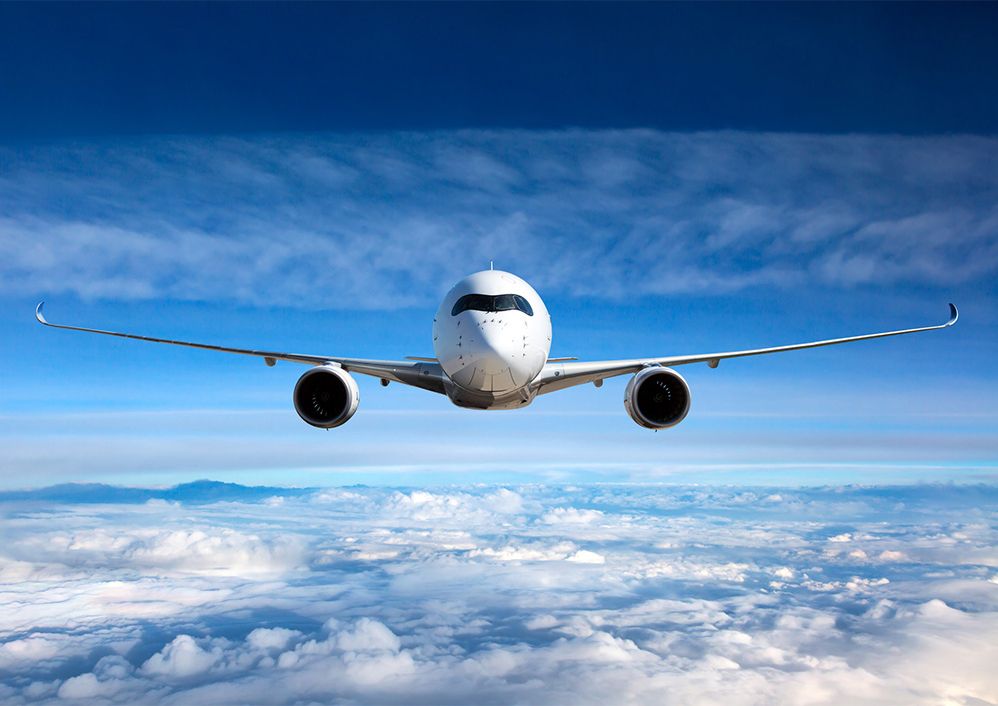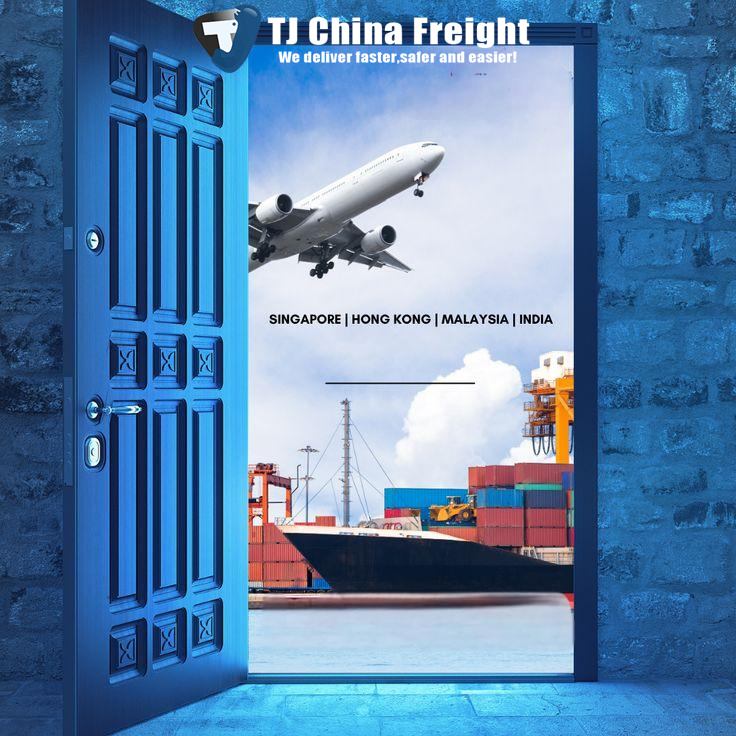1. What Is Full Truckload Freight?
Full truckload freight (FTL freight) is a shipping method where one shipper uses the entire capacity of a truck. This method is ideal for businesses with large or high-priority shipments that require direct, secure transportation.
2. Key Benefits of Full Truckload Freight
- Speed: Direct route = faster delivery
- Reduced Damage Risk: Fewer touchpoints, less handling
- Cost-Effective for Volume: Better cost per unit for large loads
- Higher Security: No co-mingled freight
- Flexible Equipment: Dry van, reefer, flatbed, etc.
3. How Full Truckload Freight Works (Transportation Process)
Roughly 30% of the article discusses transportation directly:
- Pre-shipment Planning: Confirm weight, dimensions, and delivery timelines
- Carrier Assignment: Based on equipment type, route, and budget
- Pickup & Loading: Full truck is loaded at the shipper’s dock and sealed
- In-Transit Movement: No terminal stops; straight to destination
- Delivery & Unloading: Final-mile delivery at consignee’s location
4. When to Use Full Truckload Freight
You should choose full truckload freight when:
- Shipment is over 15,000–20,000 lbs or more than 10–12 pallets
- You need expedited shipping
- You require climate control or specific trailer type
- You want minimal risk and maximum reliability
- Cost efficiency improves as volume increases
5. Full Truckload Freight vs. LTL & Other Modes
| Feature | FTL | LTL | Volume LTL | Rail Freight |
|---|---|---|---|---|
| Truck Occupancy | Entire | Shared | Partial | Shared |
| Transit Time | Fastest | Slower | Medium | Slow |
| Risk of Damage | Lowest | Higher | Moderate | Low |
| Cost | High (small loads), Efficient (large loads) | Low | Mid-range | Economical |
| Best for | Large, secure, fast shipments | Small business, cost-saving | Mid-volume freight | International or bulk domestic |
6.The Role of Full Truckload Freight in Multimodal Shipping
Full truckload freight is a crucial component of integrated, multimodal logistics. Whether as the first mile, middle mile, or final mile, FTL ensures fast, reliable, and secure transportation between key shipping stages.
Here’s how FTL connects with other modes:
Sea Freight + FTL
- After cargo arrives at a seaport, full truckload freight is used to transport full containers (FCL) from port terminals to warehouses, distribution centers, or final customer addresses.
- FTL is also used in container drayage and port-to-door delivery, ensuring a seamless flow from ocean to inland.
Air Freight + FTL
- Once freight is flown into an international airport, FTL is often deployed to move palletized cargo or ULDs directly to regional hubs or consignee locations.
- In urgent shipments, FTL ensures time-critical delivery from air terminals to end destinations with minimized stops.
Rail Freight + FTL
- FTL is the preferred mode for first-mile delivery to rail hubs or last-mile delivery from inland rail depots to final points.
- In intermodal rail, full truckload trailers are even loaded directly onto rail flatcars for long-haul legs, combining the cost-efficiency of rail with the flexibility of road freight.
Express / Courier Networks
- While small parcels go through express courier systems, bulk express cargo or overweight shipments are routed through FTL segments, particularly for cross-country or regional express loads that are too large for standard courier fleets.
Door-to-Door Logistics
- FTL plays a central role in door-to-door freight solutions—it connects various touchpoints, such as pickup locations, customs clearance centers, and final delivery points without breaking bulk or repacking, ensuring end-to-end security and speed.
Amazon & E-commerce Supply Chains
- Amazon FBA (Fulfillment by Amazon) and other 3PLs often require scheduled FTL freight appointments to deliver large palletized loads to Amazon warehouses.
- FTL freight is used to move bulk goods between regional distribution centers and sortation hubs, particularly during Prime Day, Black Friday, and Q4 surges.



7.Common Industries Using Full Truckload Freight
📍Construction (building materials, steel)
📍 Food & Beverage (palletized drinks, produce in reefer trucks)
📍 Pharmaceuticals (climate-controlled trailers)
📍 Retail & E-commerce (bulk seasonal goods)
📍 Manufacturing (machinery, automotive parts)
8.Types of Equipment Used in Full Truckload Freight
- Dry Van: Most common — general goods
- Flatbed: Oversized, heavy or non-palletized cargo
- Refrigerated (Reefer): Perishable, temperature-sensitive goods
- Step Deck / Drop Deck: Tall machinery or vehicles
- Tankers / Hazmat Trailers: Liquids, chemicals, or regulated goods
9.Cost Factors in Full Truckload Freight
Several variables affect your final FTL rate:
- Shipment weight and volume
- Trailer type required
- Distance and route difficulty
- Urgency (expedited = more expensive)
- Seasonality (Q4 surge = rate increase)
- Accessorial charges (e.g., liftgate, residential delivery)
10.Technology in Full Truckload Freight
Modern freight logistics increasingly relies on tech:
- Real-Time GPS Tracking
- Digital Freight Matching Platforms
- E‑BOLs & Paperless Signatures
- Analytics Dashboards for route optimization
- AI Pricing Algorithms for quoting and planning
11.Sustainability & Green FTL Freight Options
Sustainability is growing in importance. FTL carriers are:
- Reducing emissions with fuel-efficient engines
- Offering carbon offset programs
- Using electric trucks on short-haul lanes
- Maximizing trailer utilization for fewer empty miles
12. Final Thoughts
Full truckload freight remains the best option when shipping efficiency, speed, security, and control are priorities. It empowers businesses across industries to move bulk cargo with confidence and precision.
Whether you’re scaling logistics, optimizing your supply chain, or simply shipping smarter—full truckload freight delivers.
Request a Quote
Need a tailored solution for your shipping from China?
Let TJ China Freight Forwarder assist you with reliable, cost-effective service.
FAQ:
Q1.Can I ship partial loads on FTL if I want a dedicated truck?
Yes. You pay for the entire trailer space, regardless of fill level.
Q2.What happens if I cancel my shipment after booking FTL?
Most carriers charge cancellation or no-load fees if cancelled within 24 hours.
Q3.How far in advance should I book a full truckload freight shipment?
Ideally 2–3 days ahead. Peak seasons require longer lead time.
Q4. Are FTL drivers responsible for loading/unloading?
Usually, no. Loading/unloading is the shipper’s and receiver’s responsibility unless specified in the contract.
Q5.Can FTL freight be cross-border?
Absolutely — many FTL providers handle freight between the U.S., Canada, and Mexico with customs documentation support.
